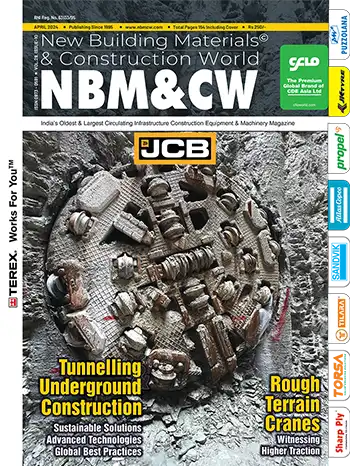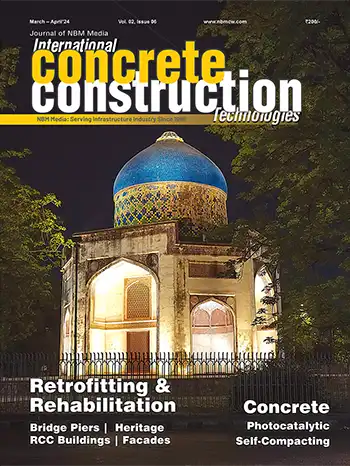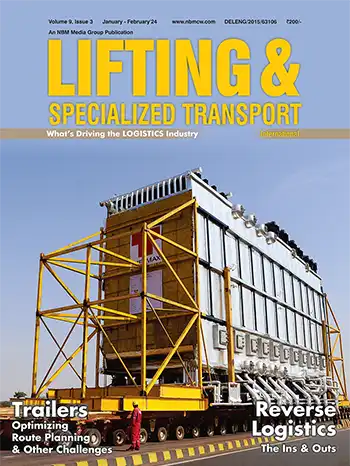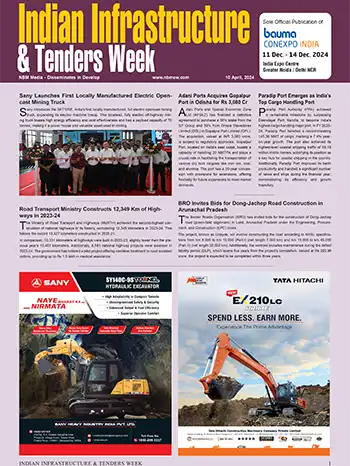ThyssenKrupp's Eco-friendly Mobility Solutions at Airports
ThyssenKrupp elevators, escalators and moving walks are increasingly used by air travelers in airports across the Globe.
ThyssenKrupp Elevator specializes in providing advanced solutions for moving people from one place to the next; vertically, horizontally and diagonally. Its portfolio includes a wide range of passenger & freight elevators, escalators and moving walks. Today, its 50,000 employees keep people moving in over 150 countries and over 900 locations. ThyssenKrupp Elevator essentially operates in all market segments by providing products and services which are fit-for-purpose to the respective customers. As the only global German elevator brand, ThyssenKrupp Elevator is known for its precise and reliable engineering, product innovation and high performance service standards that the world has come to expect from German technology companies.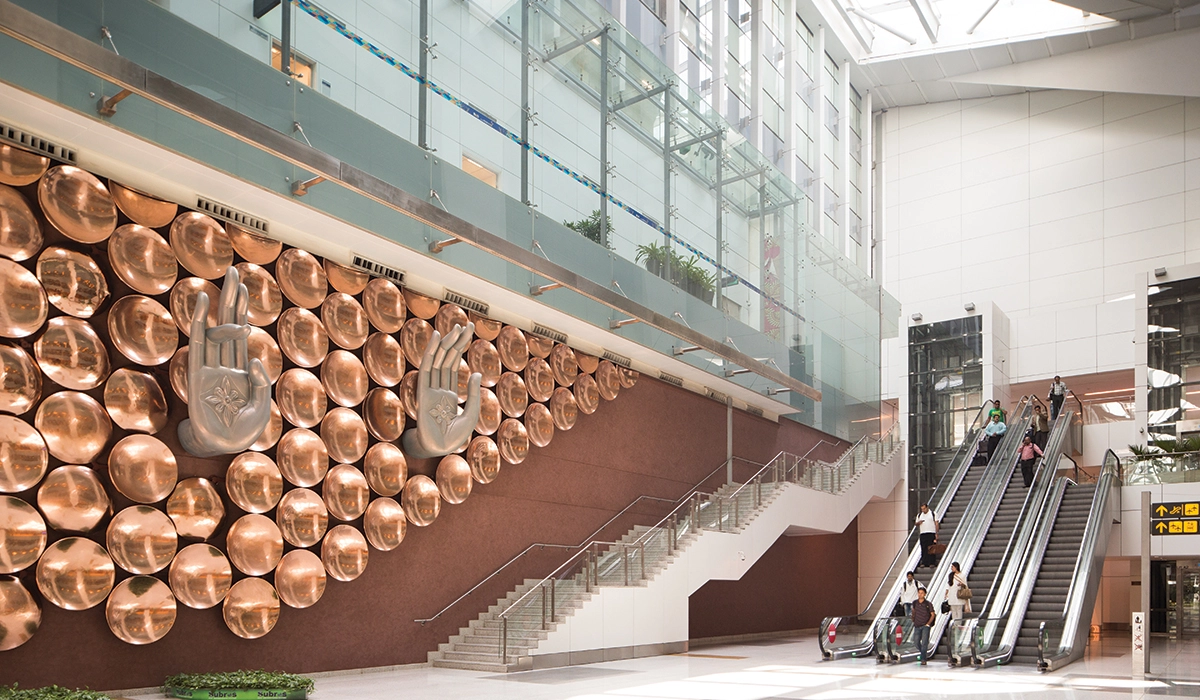
ThyssenKrupp Elevator India (TKEI) is part of the ThyssenKrupp Group, a Fortune 500 company. Whether it is a new installation, modernisation or carrying out routine maintenance, TKEI is committed to delivering professional, dependable and timely responses to customer requests at all times. An extensive network of 6 Zone offices, 27 Branches and 54 Service and Response Centres keeps the company close to its customers across India.
Apart from providing passenger mobility solutions to major international airports in Europe and the Americas in the last few decades, ThyssenKrupp has supplied about 1400 units of elevators, escalators, moving walks and passenger boarding bridges to airports in the Asia Pacific region. More than 1200 units are being maintained by local ThyssenKrupp branches at 46 airports across India, China, Australia, and Southeast Asia. These achievements have exemplified the company's position as the world's 'One-stop-shop' for airport passenger mobility solutions.
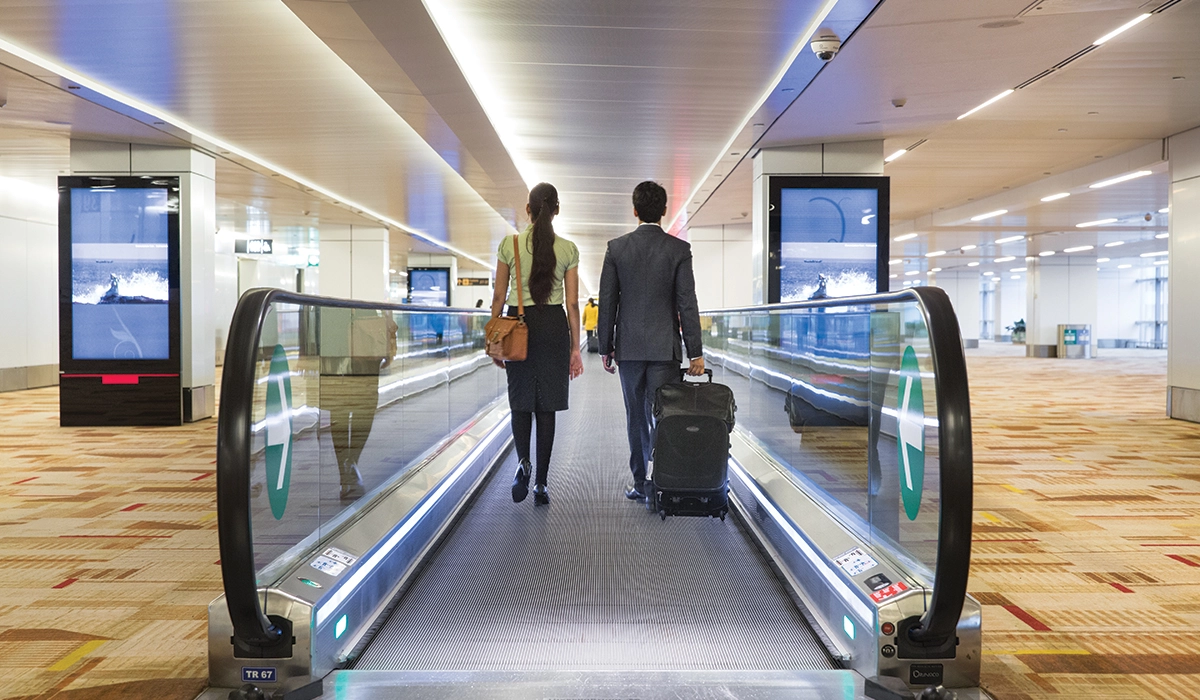
In India too, ThyssenKrupp has continued to be the most preferred airport mobility solutions provider, serving and maintaining around 22 airports across the country out of which, Indira Gandhi International Airport in New Delhi has the distinction of having the most total installed ThyssenKrupp Units (254) encompassing all four product categories.
Looking ahead, the government's plan to develop 200 low-cost airports in Tier-II and Tier-III towns across India will provide a further impetus to the demand for elevators, escalator, and moving walk in coming years.
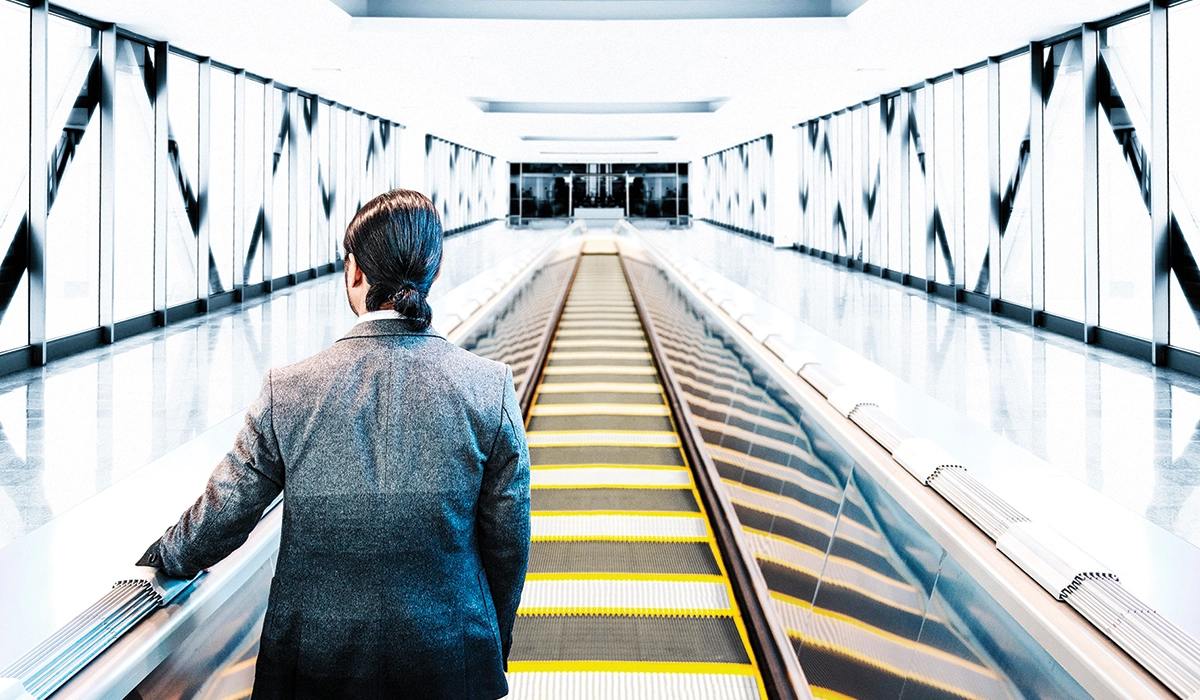
Commute faster with ThyssenKrupp ACCEL
At ThyssenKrupp Elevator's Innova- tion Centre, visionaries have been exploring solutions to ease people mobility over short and medium distances. ThyssenKrupp ACCEL is one such innovative transportation system offering high capacities and high speeds over short distances, with low implementation costs. This facilitates airport authorities to diversify passenger flow and conduct operations efficiently. It's in technological leaps like these where airports can find answers to challenges in easing passenger transport.ACCEL benefits airport operators looking to improve transit times between gates or between distant parking bays and airport terminals. With no waiting times or barrier gates, passengers need only 140 seconds to cover a distance of 270 meters, instead of the earlier 415 seconds, resulting in an impressive time saving of 66%. For airport operators, it eliminates the need and high costs associated with providing buses, automated people movers, or sky-trains for distances of up to 1.5 km.
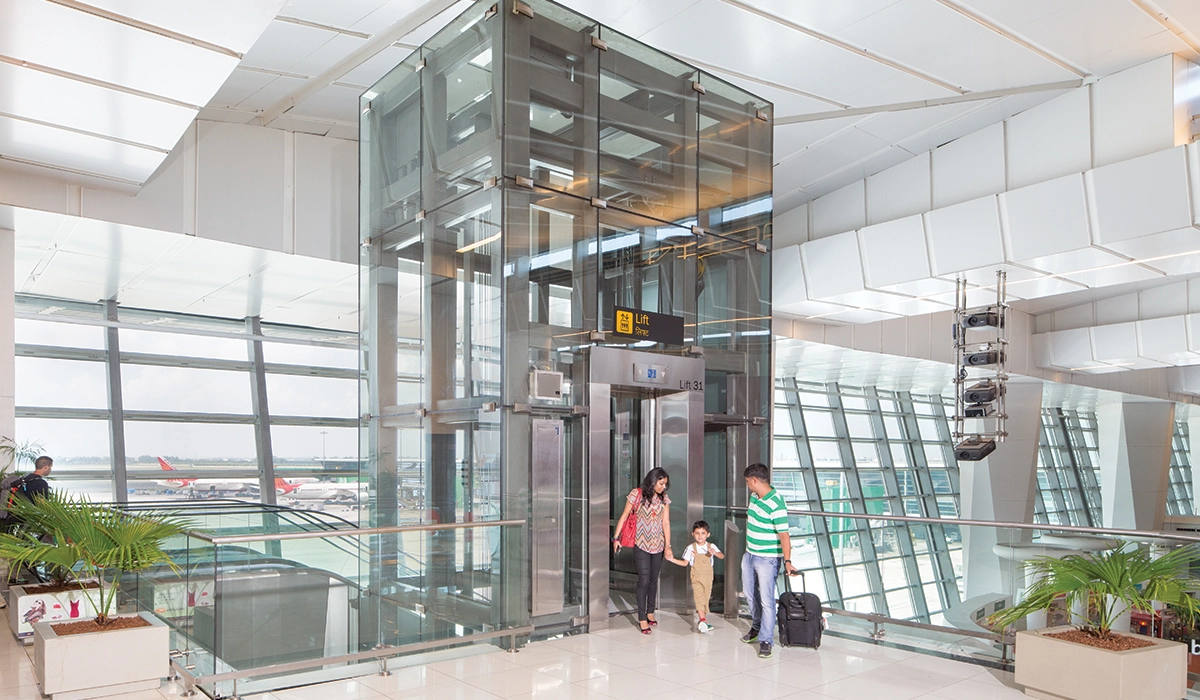
ACCEL can transport as many passengers as fully automated cabin systems, move up to 7,300 passengers per hour per direction, and combines smooth speed changes accompanied by the highest safety standards for passenger transportation. Using a band of overlapping pallets that expand to three times the original length of each pallet, ACCEL applies the linear motor technology of the magnetic train Transrapid, enabling passengers to step onto the belt at normal walking speeds of 0.65 m/s (2.35 km/h), accelerate smoothly up to 2 m/s (7.2 km/h), and then decelerate back to normal walking speeds before leaving the system. For passengers who continue walking while on the belt, speeds of up to 3.3 m/s (12 km/h) can also be achieved.
Since most passengers at the airports need to ride on elevators, escalators or moving walks, ThyssenKrupp is committed to providing them with the safest and most customer-centric solutions and services. "Our innovative and customised products and services portfolio uphold our understanding of the customers' varied needs. Needless to say that we, at ThyssenKrupp, envision to be the most customer centric mobility solutions provider," said the company spokesperson.
NBM&CW June 2015















